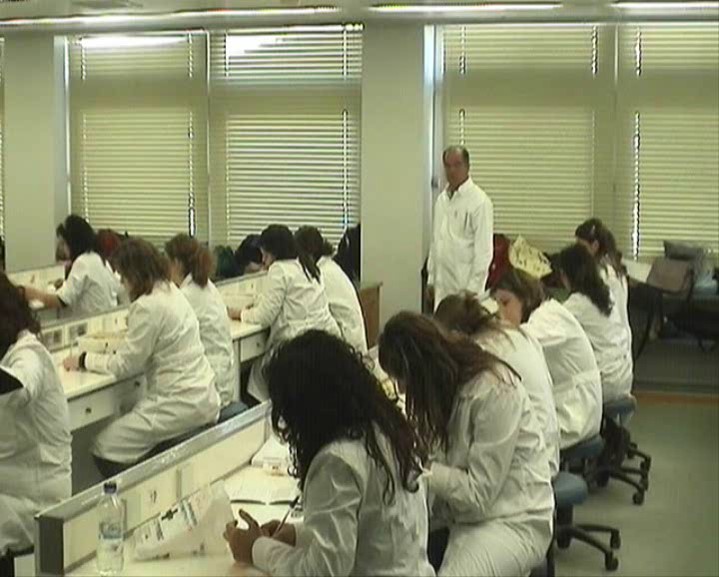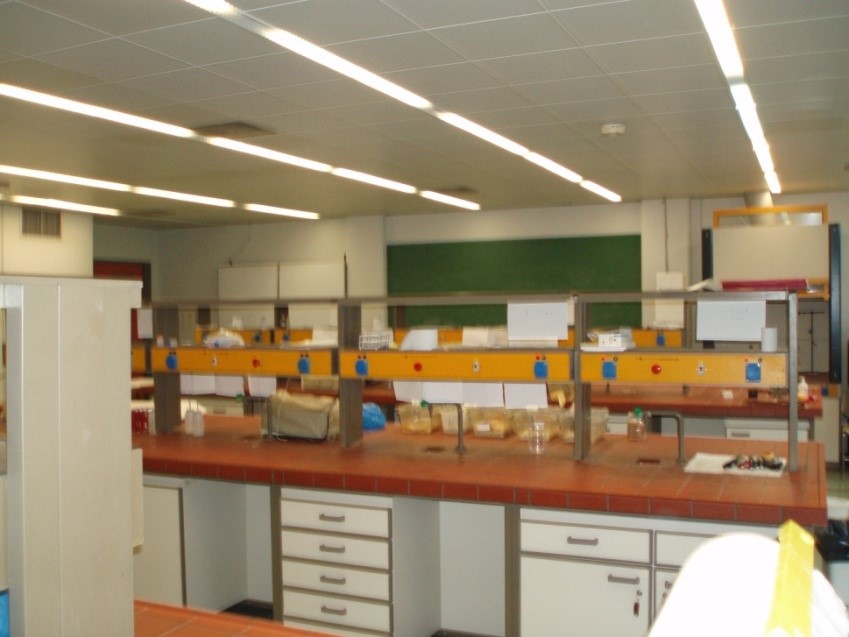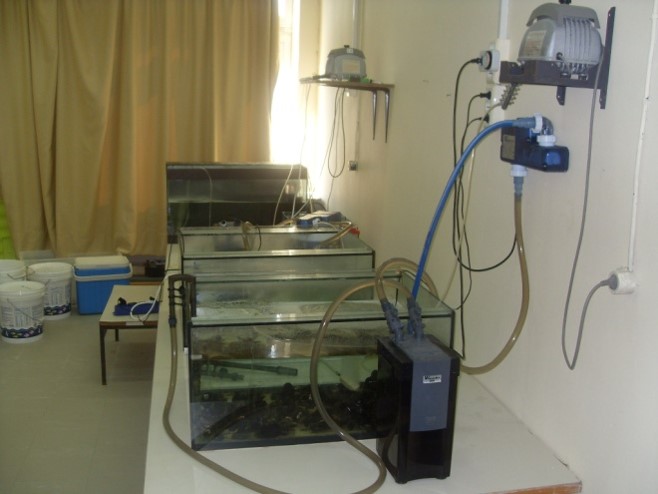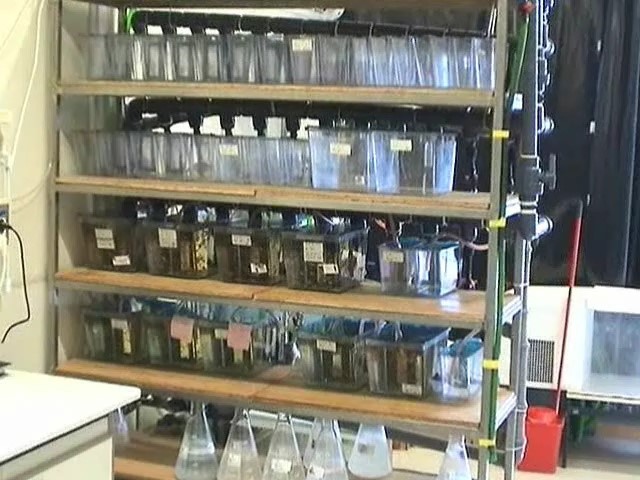Introduction
Main research activities of the Division:
- Biodiversity and Evolutionary Animal Ecology
- Marine Ecology and Marine Biological Resources Management
- Ecotoxicology and Environmental Pollution
- Animal Physiology, with emphasis on the function of the Nervous System
- Aquaculture
Active collaboration exists between the research groups of the Division and other groups within the Department of Biology, as well as with researchers from National and International Research Institutes and Universities. The Division includes two decreed Laboratories: (a) the Laboratory of Zoology and (b) the Laboratory of Human & Animal Physiology. The Zoological Museum of the University of Patras operates under its auspices. The faculty and members of the Division participates in the teaching of 4 compulsory and 13 elective/optional undergraduate courses, as well as of 15 postgraduate courses in the Department of Biology and in Interdepartmental Postgraduate Programmes.
Undergraduate courses
Postgraduate courses
Postgraduate Programme in Biological Sciences: Research and Applications (Department of Biology)
Interdepartmental Postgraduate Programmes
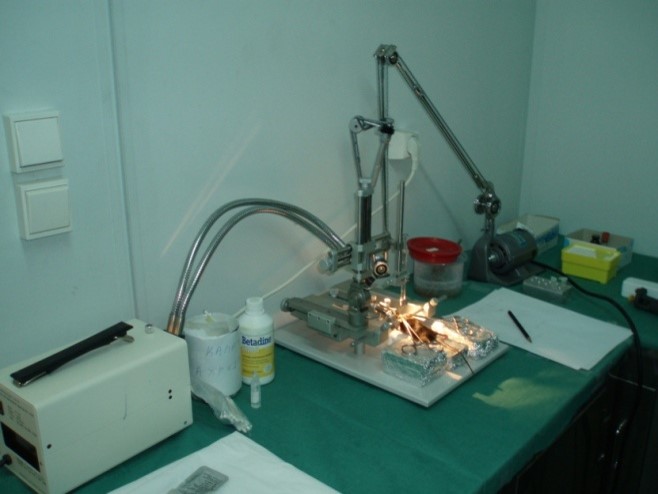
Research interests
Zoological Museum
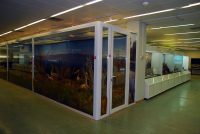 The Section of Animal Biology supervises the operation of the Zoological Museum. The exhibition of the Museum contains preserved material, mainly from the Greek fauna, that includes both Vertebrates and Invertebrates. Its main goals are the use of the stored material for research purposes, the education and training of under- and post-graduate students and the raising of environmental awareness, mainly through organized school visits.
The Section of Animal Biology supervises the operation of the Zoological Museum. The exhibition of the Museum contains preserved material, mainly from the Greek fauna, that includes both Vertebrates and Invertebrates. Its main goals are the use of the stored material for research purposes, the education and training of under- and post-graduate students and the raising of environmental awareness, mainly through organized school visits.
Read more about the museum or visit the museum’s official webpage.
Laboratories
Head of Section
Makridis Pavlos
Associate Professor | makridis@upatras.gr | +30 2610 969224


